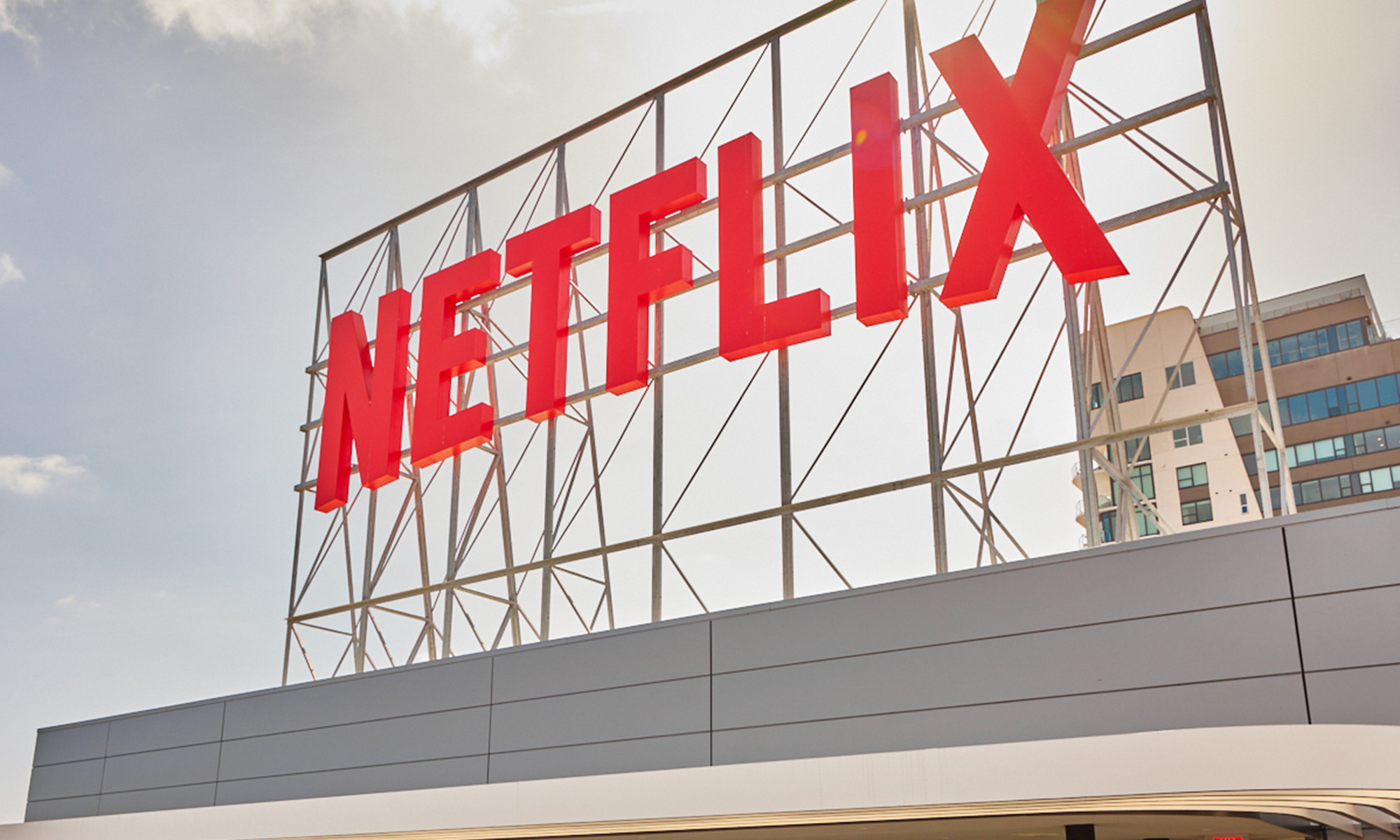Netflix (NFLX +0.25%) can't seem to catch a break. Shares of the company behind the leading premium streaming video platform slumped nearly 3% for the week, despite initially moving sharply higher after posting mixed financial results for its third quarter.
Netflix did come through with better-than-expected earnings, put a positive spin on its growing roster of challengers, and offer up respectable guidance for the current quarter, but it wasn't enough. Investors are worried about how dominant its market leadership position will be in the coming months, with a glut of new services launching. The concerns are legit, but the year ahead could be more redemptive than the road to perdition some bears think Netflix is taking these days.

Image source: Netflix.
2020 vision
We won't have to wait long to realize how Netflix will fare against its biggest potential challengers. Apple TV+ launches in less than two weeks. Disney+ rolls out less than two weeks after that. HBO Max and Peacock will follow a few months later. It's possible that we may have a verdict on Netflix's ability to keep rocking in three months, when it steps up with its fourth-quarter results.
Disney's (DIS +0.80%) decision to go with a price point that's roughly half of Netflix's monthly bill and to aggressively discount multiyear plans is going to help Disney+ ramp up in a hurry. Apple (AAPL +0.52%) will hit the market at an even lower price than Disney+ and will offer one-year subscriptions at no additional cost to buyers of its devices, and those factors will surely find Apple TV+ scaling quickly in the marketplace.
Still, even though the market has built up this two-headed beast as a Netflix slayer, it's not that simple. Apple TV+ will have a very thin catalog of content, making it a poor choice for someone settling on a single streaming service. Disney+ will launch with a lot more content than Apple TV+, but even the most ardent fans of Marvel, Star Wars, and all things Disney will want more streaming options. Apple and Disney will be great secondary services, but there's no indication that they -- or HBO Max or Peacock -- will push Netflix out as the "standard cable" equivalent among streaming services.
If I'm wrong, we'll find out come January. By then, Disney and Apple will have nearly two months of seasonally potent holiday operations under their belt. If churn accelerates at Netflix and the former dot-com darling falls woefully short of the 7.6 million net additions it's forecasting for the current quarter, then it will be time to worry. Netflix would have to respond, probably with more competitive pricing or by following its rivals with multiyear prepaid plans to offer better near-term visibility.
The thing is, you don't bet against Netflix. Do you think any of the upcoming platforms will be generating quarterly revenue north of $5 billion, the way Netflix is doing right now? All of these legacy entertainment and consumer tech giants have some serious ground to make up, but most of that will be carrying their legacy customers into the age of streaming -- and that's where Netflix has the home-field advantage. Netflix stands more to gain from efforts by Apple and the media giants to push traditional customers into the digital future than Netflix has to lose to them. The addressable market will expand dramatically in the coming year, largely in the form of the discretionary income that will pour in from folks cancelling their costly cable and satellite television plans.
Netflix will keep winning, and worrywarts confusing the seismic shift in premium TV consumption with a disruption of Netflix itself aren't looking ahead far enough. Netflix has the tools to beat the market in any given year, but now with a depressed stock price, the chances are even better for it to trounce the stock averages in the year ahead.








